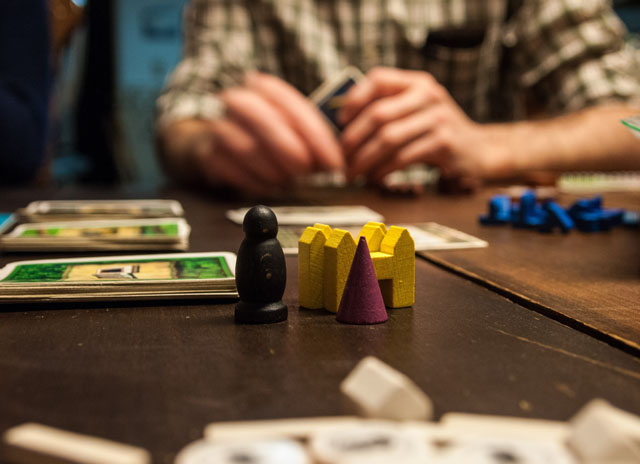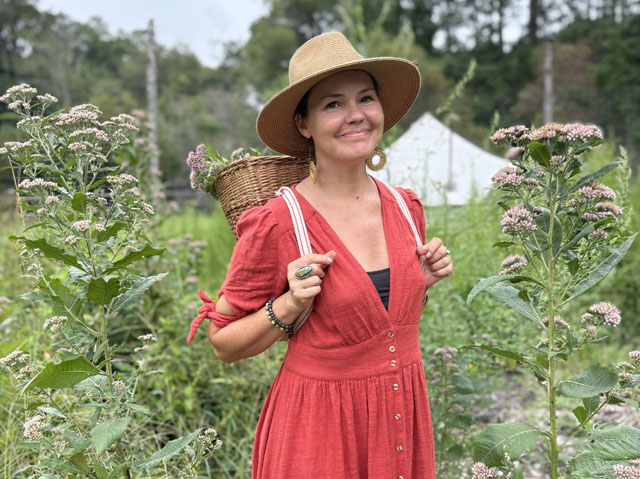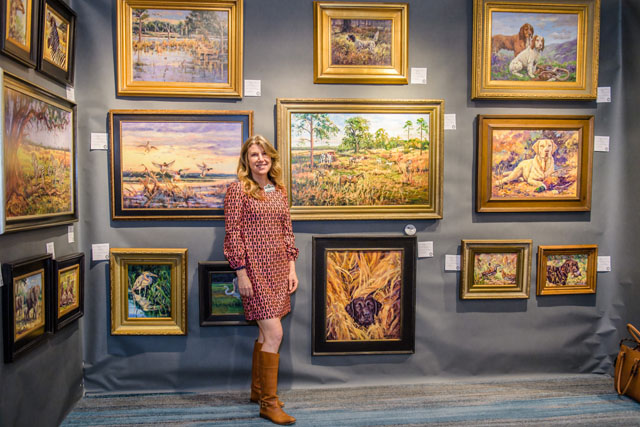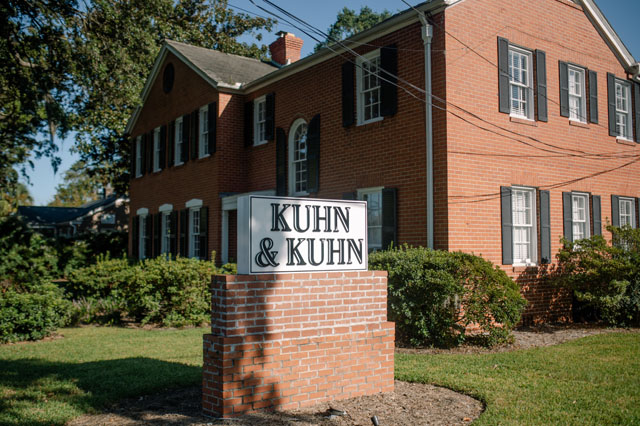Connecting People Through History
02 Nov 2024
Former longtime executive director of Drayton Hall receives Governor’s Award in the Humanities
By Barry Waldman
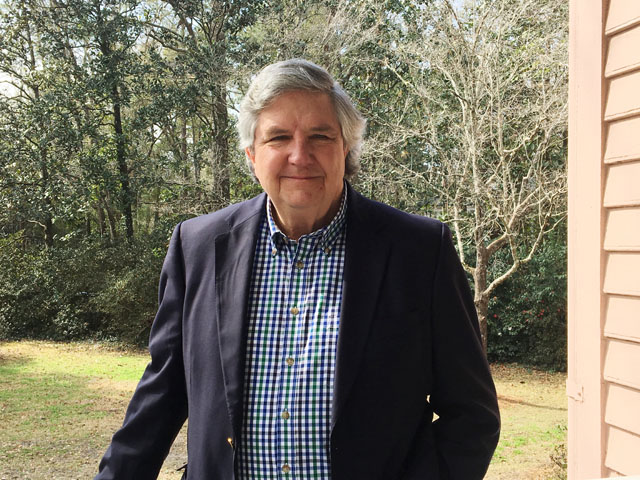
Drafted into the army in 1969, George McDaniel came face-to-face with killing the “enemy” in Vietnam. It sparked an ironic appreciation for our shared humanity across the globe. In fact, after shooting a Viet Cong soldier and badly wounding him, McDaniel carried him to the American Medevac and assured him that he would recover.
“I just saw him as a wounded human being,” McDaniel said. “I returned from Vietnam with a stronger sense of humanity. After all, no one wants to die.”
This experience—as well as a stint in the Peace Corps in Togo, West Africa and living as a student in Paris—propelled him on a path in studying and teaching about the bonds connecting people and institutions throughout history.
McDaniel is best known sharing the sinews of history during his quarter of a century serving as executive director at Drayton Hall, the unique Palladian-style home and 18th century estate and plantation on the Ashley River in Charleston. During his tenure, he turned Drayton Hall into an education piece. Collaborating with local school districts, Drayton welcomed school trips for third through eighth graders who are studying South Carolina history in the classroom. Staff produced study guides to accompany the visit that taught the students important concepts about the property, the structures and the lives of the people who occupied them.
McDaniel earned many accolades over his storied career, including most recently, a recipient of the 2024 Governor’s Awards in the Humanities, “which recognizes innovative individuals who use culture and history to bring people together, but whose efforts may have gone relatively unnoticed.”
McDaniel and three others were recognized at the Humanities Luncheon and Ceremony held on Oct. 23 in Columbia.
A Pursuit of Connection
McDaniel was born and raised in segregated Atlanta with a sense of history and attuned to the Black influences in his life, most notably the cook and landscaper in the family home.
As he began his formal study of history, first at the University of the South in 1966 and then at Brown and Duke for his Ph.D. following his Peace Corps stint in Togo, West Africa, McDaniel discovered that Black history was largely absent from the stories of his native South. He went about remedying it, and the holistic storytelling at Drayton Hall is largely a reflection of that. Drayton has been lauded for presenting a full accounting of 18th and 19th century life on the property, including the brutality of slavery and the central role Black slaves played in its development.
A “teacher at heart,” McDaniel taught at his high school alma mater, but his path was set by a three-year fellowship at the Smithsonian Institution while finishing his doctorate. “It introduced me to teaching to all kinds of people,” he recalled. “It convinced me to follow a career in history museums. I didn’t know where to teach until the Smithsonian.”
A Broader View of Humanity at Dayton Hall
McDaniel arrived in 1989 at Drayton Hall.
“I wanted to come to Charleston and saw the opening and was fortunate to get the job,” he said. “It combined historic preservation, environmental conservation and education. My goal was to sustain Drayton Hall’s pursuit of excellence by building on the strong foundation of my predecessors, who established our core beliefs in preservation and education.”
Unlike almost any other historic home, Drayton Hall is preserved—not restored, showcasing the original 1738 architecture with evident updates made by subsequent owners in the 19th and 20th centuries. Bereft of replica furniture, and the African slaves who built and kept the grounds operating, this is the home as it was lived in right up to its 1974 purchase by the State of South Carolina and the National Trust for Historic Preservation. More than most other plantation tours, Drayton Hall weaves the stories of those who lived and worked on site into the historic narrative for its 65,000 annual visitors.
The Power of Experiential Learning
McDaniel believes deeply in the power of experiential learning, which fit into his work and outreach at Drayon Hall. For example, students on tours learn about the hierarchy of the house’s internal architecture: how the higher level of order on the second floor indicates its use as private quarters.
The architecture, he says, mimics English and Italian Renaissance buildings from two centuries earlier. But those traditions harken to Roman architecture, which paid homage to the ancient Greeks. In that way, one cornice, or transom, or other architectural feature, traces its provenance backwards through the millennia.
McDaniel proudly remembers the impact these visits had on students, many of whom were reluctant at first to be marched through an old building.
“One student said, ‘I went to Drayton and loved it, and now I can see pictures of it in my mind,’” McDaniel recalled.
While McDaniels retired as executive director in 2015, his legacy is immortalized in his critically-acclaimed book, Drayton Hall Stories: A Place and Its People, an edited collection of interviews with 50 individuals connected in one way or another to the historic home and plantation. With many of the stories heretofore untold, at least publicly, McDaniel has mined even more history to serve posterity.
The narratives are diverse and far-ranging, including that of Annie Brown Meyers, whose ancestors were enslaved by the Draytons and brought to South Carolina from Barbados in the 1670s; and Lucile Blunt, who grew up on the property in the 1940s and 50s.
One vignette centers around the experience growing up as Black tenant farmers on the property with hardly a penny to their name. Yet, when men came around in tattered clothing seeking scraps of employment, their mother gave them whatever little bits of food she had. Questioned about this largesse, she replied with the biblical verse from Luke: To whom much is given, much is required. Drayton’s powerful and its most vulnerable residents are represented in the book.
McDaniel, on the other hand, is more nonchalant about the awards. Though he appreciates being recognized, a career at the highest level of historic preservation has been its own reward. He says he hopes the award inspires other museums and schools to collect personal stories about their institutions, the way he did in his book.
Following retirement, McDaniel has remained engaged in the preservation community, establishing a consulting business, speaking, writing and offering his wisdom.
His goal has never wavered: to get people engaged in history—not just in the classroom, but with their five senses.
BIO
George McDaniel, Historian, Executive Director Emeritus of Drayton Hall, and President of McDaniel Consulting LLC
Education, Sewanee, BA in history; Brown University, Master's in teaching; Duke University, doctoral degree in history
Hometown, Atlanta
Family, Late wife, Mary Sue Nunn McDaniel; two sons, George and James McDaniel; grandson Allen McDaniel
Hobbies, Writing, editing, reading, fishing and hunting, preservation work and environmental conservation.


